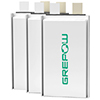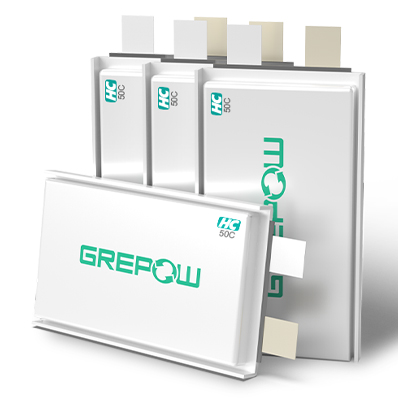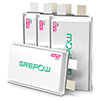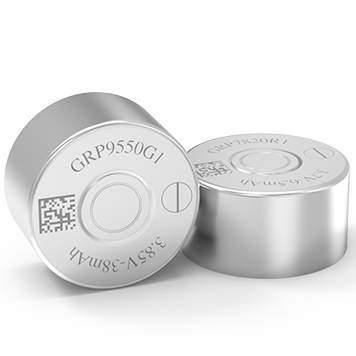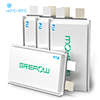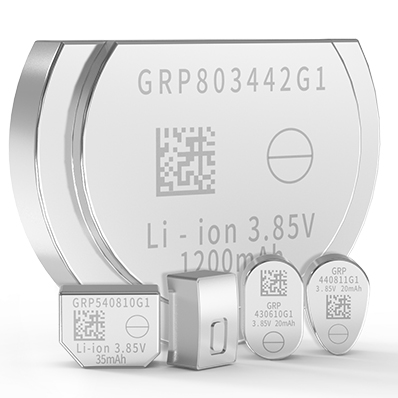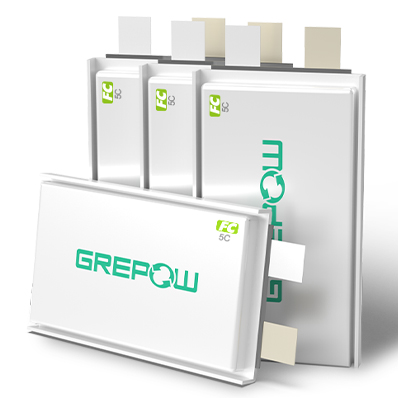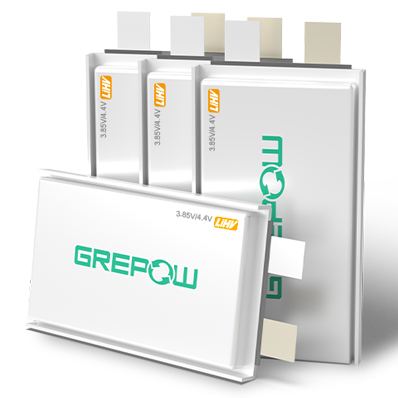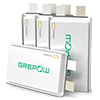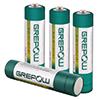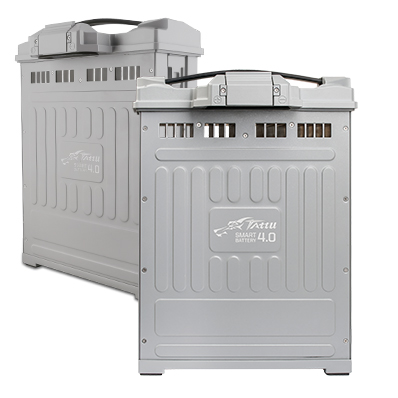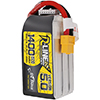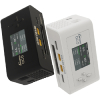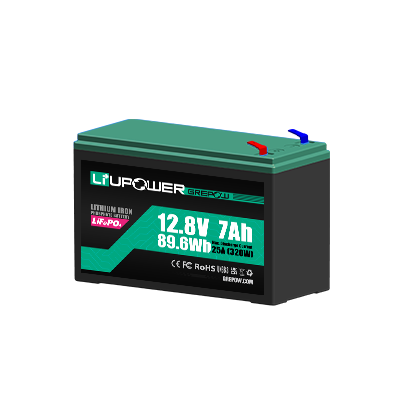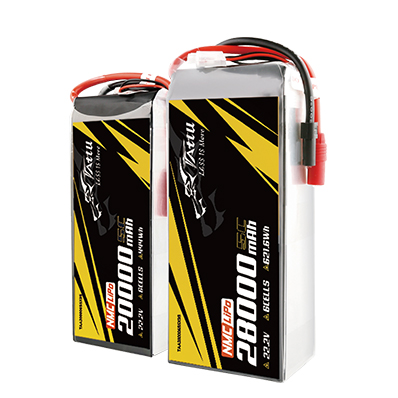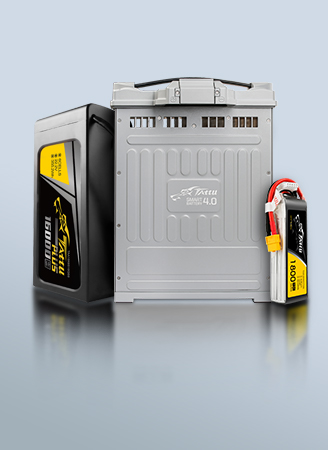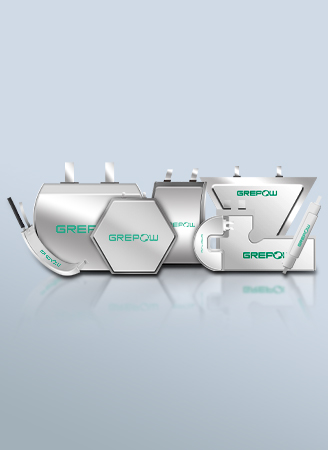LiPo Vs 18650 Battery
Relatively speaking, the mobile power supply with lithium polymer battery should be the best in current storage capacity and safety performance, and the mobile power source made of polymer lithium battery is also slimmer, and the polymer battery core is short-circuited. The situation will not explode, at most, there will be expansion, which is longer and safer than the 18650 battery. LiPo Vs 18650 battery, which is better?
Lithium polymer battery classification
The so-called lithium polymer battery refers to a lithium-ion battery using a polymer as an electrolyte and is divided into "semi-polymer" and "all-polymer" in detail. "Semi-polymer" means applying a layer of polymer (typically PVDF) to the barrier film to make the cell more adhesive, the battery can be made harder, and the electrolyte is still a liquid electrolyte. The "all polymer" refers to the use of a polymer to form a gel network inside the cell and then inject the electrolyte to form an electrolyte. Although "all-polymer" batteries still use liquid electrolytes, the amount used is much less, which has greatly improved the safety function of lithium-ion batteries.
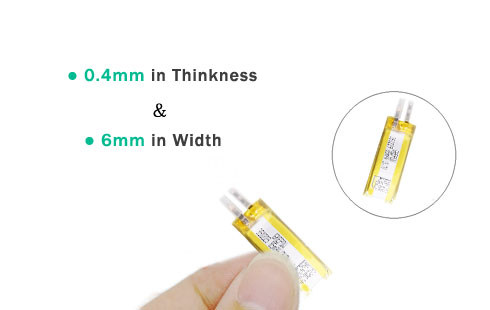
On the other hand, a polymer battery refers to a lithium-ion battery that uses an aluminum-plastic packaging film as an outer package, which is also known as a soft pack battery. This packaging film is composed of three layers, a PP layer, an Al layer and a nylon layer. Since PP and nylon are polymers, such a battery cell is called a polymer battery. Lithium polymer batteries are a new type of battery because of their high energy density, miniaturization, ultra-thinness, lightweight, high safety and low cost. In terms of shape, the lithium polymer battery has an ultra-thinning feature and can be fabricated into a battery of any shape and capacity in accordance with the needs of various products. The battery can reach a minimum thickness of 0.4mm.
Lipo battery characteristics
1. No battery leakage
The battery does not contain liquid electrolyte inside, using colloidal solids.
2. Can be made into a thin battery
A lithium polymer battery with a capacity of 3.6V 400mAh, its thickness can be as thin as 0.4mm.
3. Any shape
The lithium-polymer battery can be designed in a variety of shapes.
Rectangle battery ● Ultra-Thin Battery ●Curved Battery ●Round Lipo Battery ●Triangle Battery ●Hexagon Battery ●Ultra Narrow Battery ●C Shape Battery● D Shape Battery ●Polygonal Battery
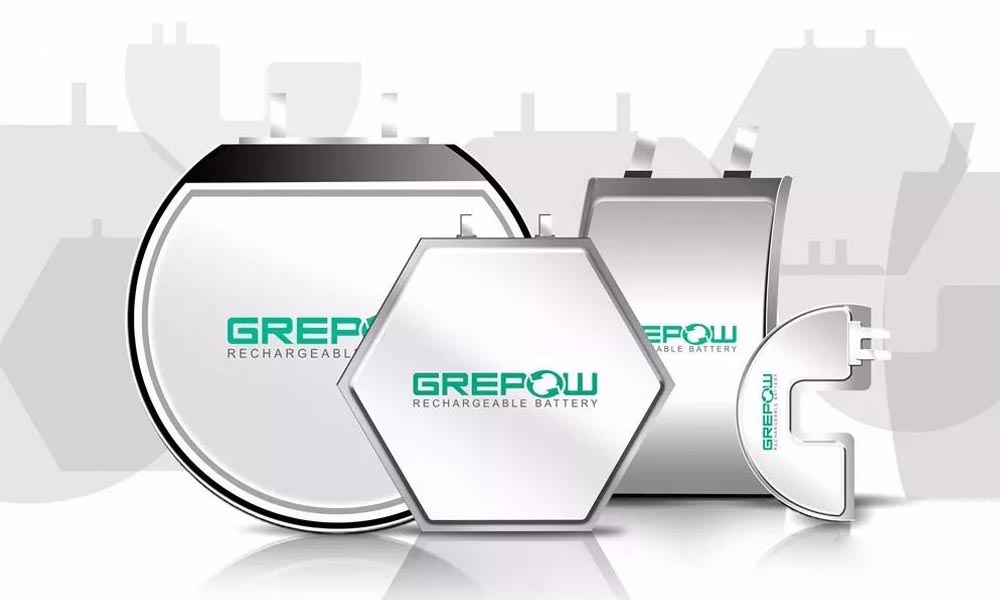
4. The battery can be bent and deformed
The lithium-polymer battery can be bent up to about 90°.
5. A single high-voltage
Liquid electrolyte battery can only be connected in series with several batteries to obtain a high voltage, and the polymer battery can be made into a multi-layer combination in a single piece to achieve a high voltage because it has no liquid itself.
6. The capacity
The lithium-polymer battery will be twice as high as the same size lithium-ion battery.
18650 battery features
1. Not customizable
SONY always wants to use lithium-ion batteries as an alkaline battery. There are certain industry standards, like the 5th and 7th batteries, which are basically the same in the world. However, because the great advantage of lithium-ion batteries is that they can be shaped according to the needs of customers, there is no uniform standard. So now, the lithium-ion battery industry is basically a standard type of 18650, and others are based on customer needs. Planned.
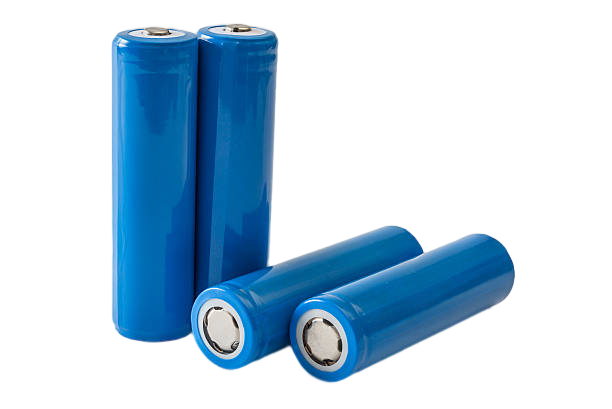
2. Poor security
We know that lithium-ion batteries are in extreme conditions (such as overcharge, high temperature, etc.), and there will be intense chemical reactions inside, and many gases will occur. The 18650 battery uses a metal casing and has a certain strength. When the internal air pressure reaches a certain time, the steel shell will rupture and blast, causing a terrible safety accident. This is why the room where the 18650 battery is tested must generally be maintained in layers, and it is absolutely impossible to enter the test. Polymer batteries do not have this problem. Even if they are at the same pole condition, because the strength of the packaging film is low, as long as the air pressure is slightly higher, it will rupture and no blasting will occur. The worst condition is combustion. Therefore, lithium polymer batteries are superior to 18650 batteries in terms of safety.
3. Low energy density
The average 18650 battery capacity can be about 2200mAh, so the energy density is about 500Wh/L, and the energy density of the lithium polymer battery can be close to 600Wh/L. Polymer batteries can be customized according to customer needs, and the shape is varied and varied and can be customized.
Related Articles
-
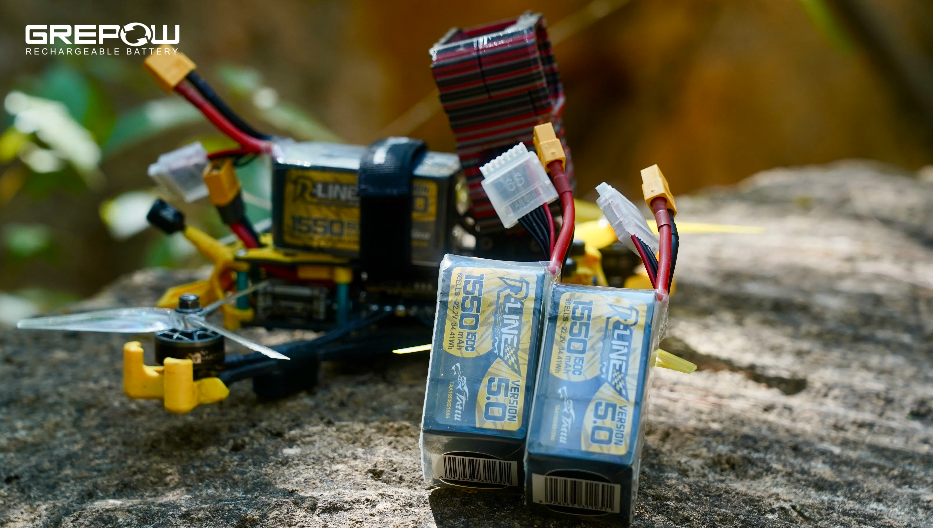
What Is a 7 Inch FPV Drone?
2025-04-15 -

Empowering Drone Training with Grepow’s Tailored Battery Solutions
2025-04-15 -
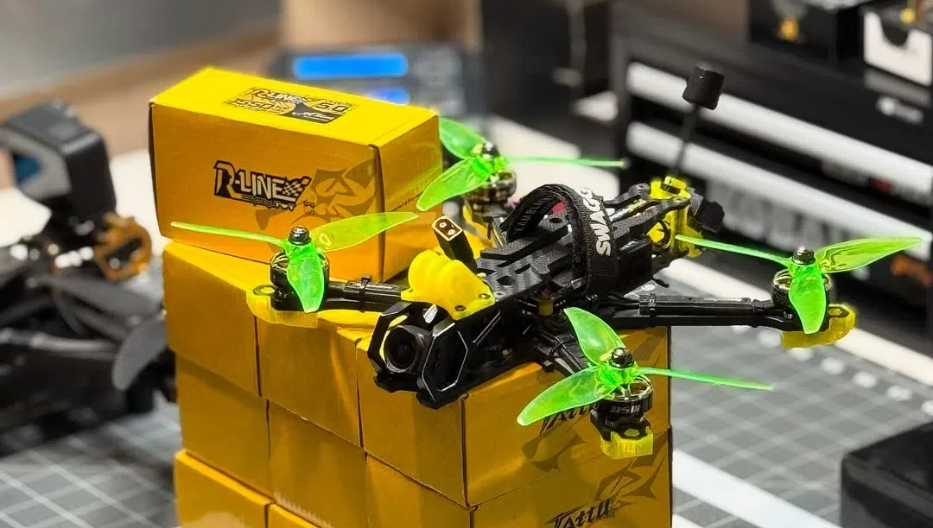
FPV Drone Types: All You Need to Know
2025-03-06

